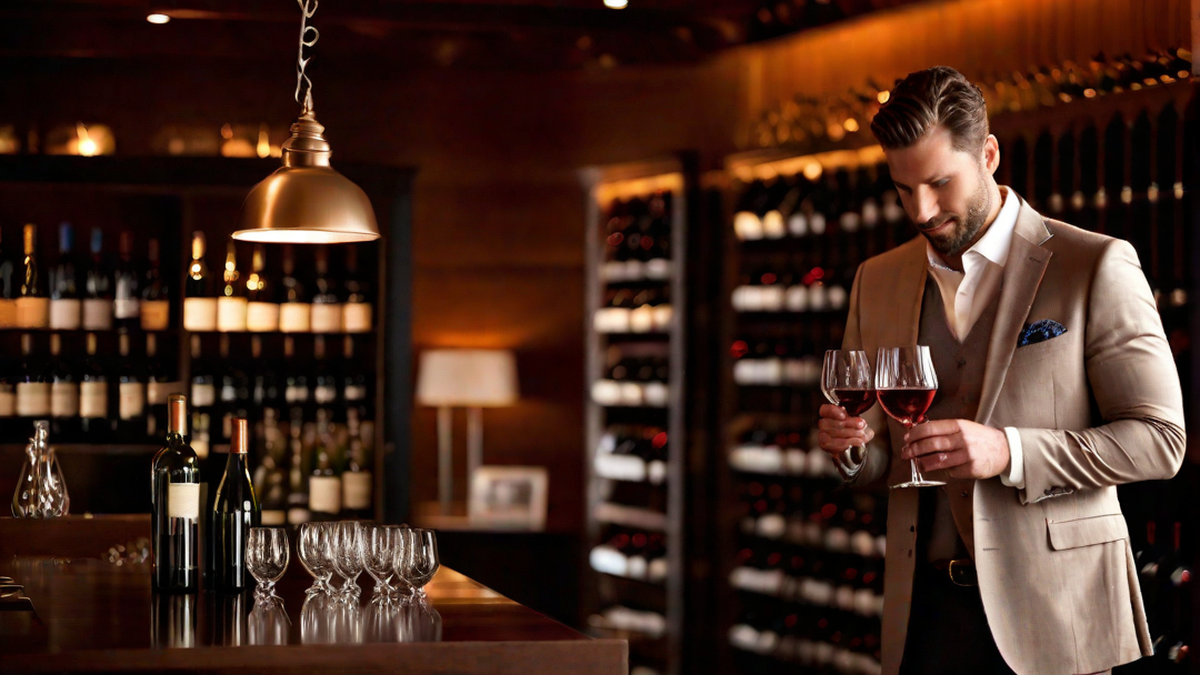In the realm of wine, numerous questions frequently emerge. A prevalent query concerns the necessity for refrigerating wine after it has been opened. As a wine enthusiast, I have extensively explored this topic and am eager to share my insights and experiences.
First and foremost, it is important to understand that not all wines need to be refrigerated after opening. In fact, refrigerating certain types of wine can actually affect their taste and aromas. Generally, wines that are lower in alcohol content, such as white wines, rosés, and sparkling wines, benefit from refrigeration after opening.
Typically, these wines are light and delicate, and refrigeration helps to preserve their freshness. By keeping them chilled, you can slow down the oxidation process, which can cause the wine to spoil. Additionally, refrigeration can help maintain the carbonation in sparkling wines, ensuring that they retain their effervescence.
On the other hand, full-bodied red wines, such as Cabernet Sauvignon or Shiraz, do not require refrigeration after opening. In fact, chilling these wines can actually mute their flavors and aromas. These wines are best enjoyed at slightly below room temperature, around 60-65°F (15-18°C). This allows the wine to fully express its complex characteristics.
Now, let’s dive a bit deeper into the specifics of refrigerating different types of wines:
White Wines:
White wines are often served chilled, but once opened, they can benefit from refrigeration to maintain their freshness. After opening a bottle of white wine, if you don’t plan to finish it within a few hours, it is advisable to store it in the refrigerator. Make sure to re-cork the bottle tightly or use a wine stopper to minimize contact with oxygen.
When refrigerating white wine, aim for a temperature between 40-50°F (4-10°C). This ensures that the wine stays cool without being too cold, which can hinder the flavors and aromas. Remember to take the wine out of the refrigerator a few minutes before serving to allow it to warm up slightly and fully express its characteristics.
Rosé Wines:
Similar to white wines, rosé wines are best enjoyed chilled. After opening a bottle of rosé, storing it in the refrigerator will help to preserve its vibrant color, delicate flavors, and refreshing acidity. Aim for a temperature between 40-50°F (4-10°C) for optimal storage.
Sparkling Wines:
Sparkling wines, such as Champagne and Prosecco, should always be refrigerated after opening. The carbonation in these wines can dissipate quickly when exposed to warmer temperatures. Storing them in the refrigerator helps to maintain their effervescence and ensures a delightful bubbly experience. Aim for a temperature between 35-45°F (2-7°C) for storing sparkling wines.
Red Wines:
Unlike white, rosé, and sparkling wines, red wines are typically not refrigerated after opening. As mentioned earlier, chilling red wines can dull their flavors and aromas. Instead, store opened red wine at a slightly below room temperature, around 60-65°F (15-18°C). If you prefer your red wine slightly cooler, you can place it in the refrigerator for about 15-20 minutes before serving.
It’s important to note that individual preferences may vary. Some people may enjoy chilled red wines, while others prefer them at room temperature. Ultimately, it boils down to personal taste and experimentation. I encourage you to try both and see which style you prefer.
In conclusion, whether or not wine needs to be refrigerated after opening depends on the type of wine. White wines, rosés, and sparkling wines generally benefit from refrigeration, while full-bodied red wines should be stored at slightly below room temperature. By understanding the characteristics of different wines and experimenting with your own preferences, you can ensure that each glass of wine you enjoy is at its best.
